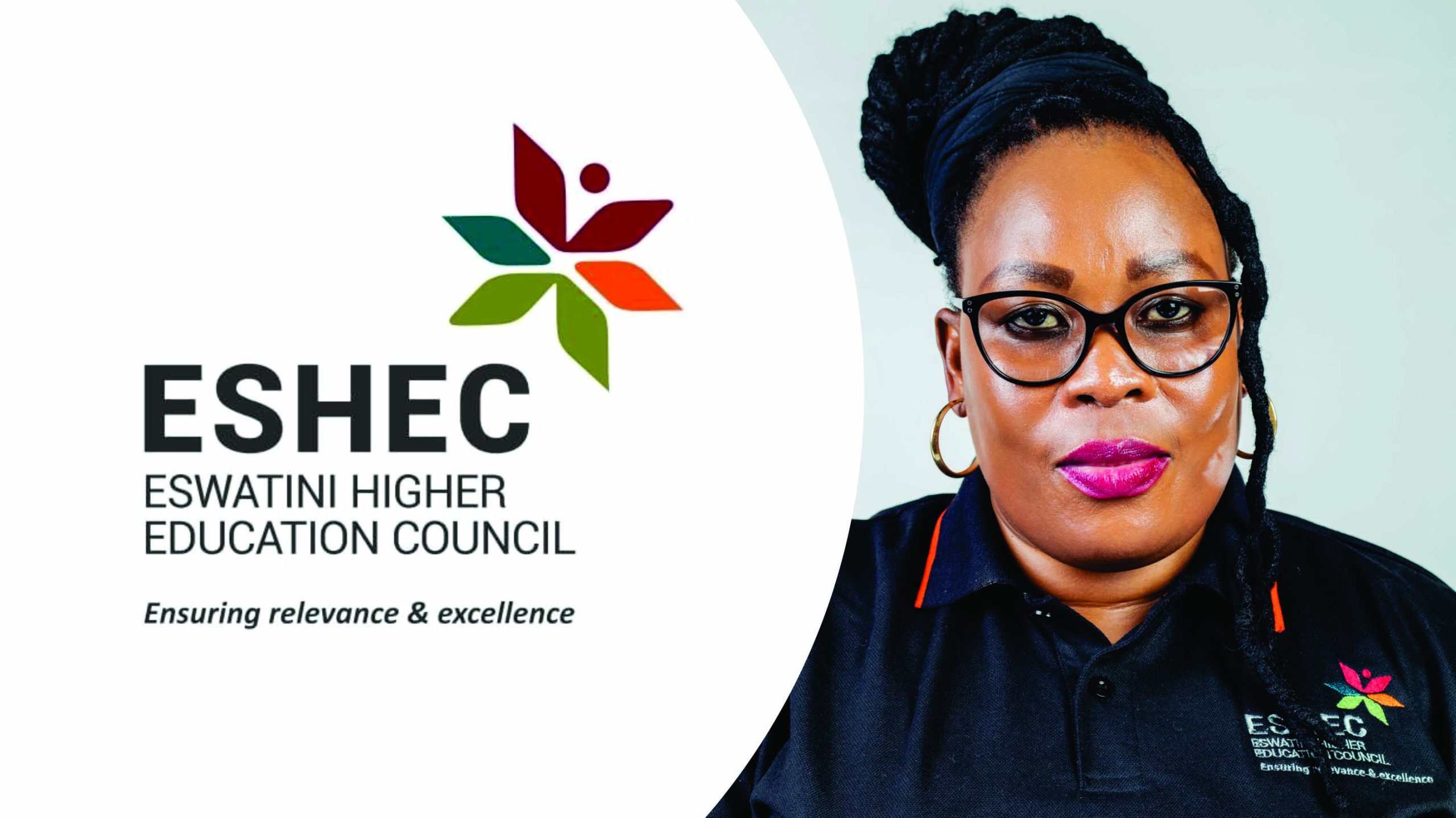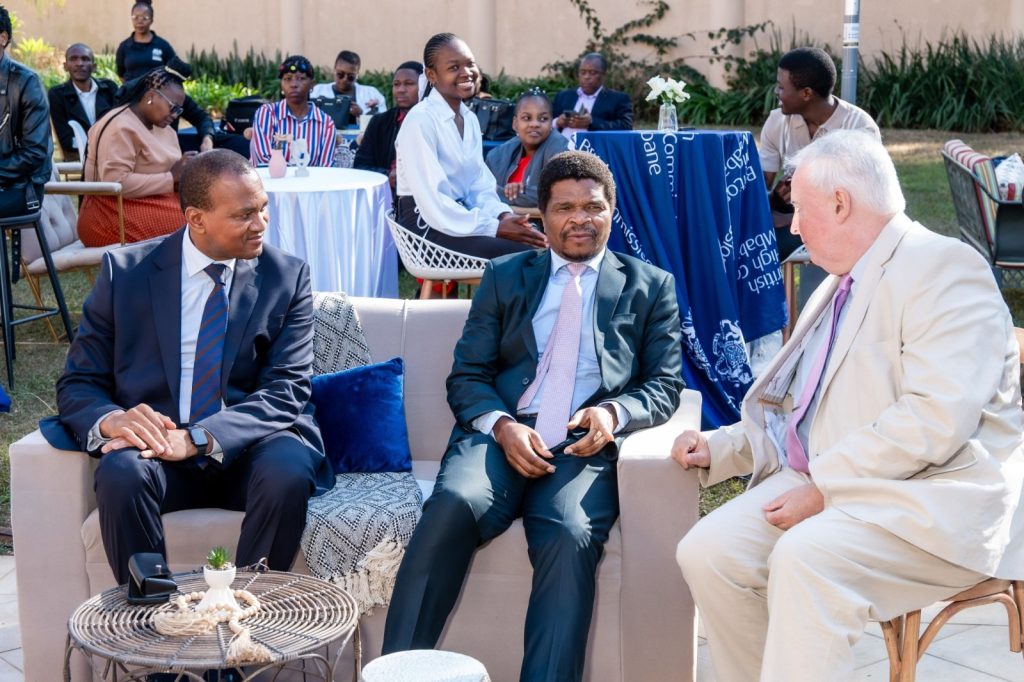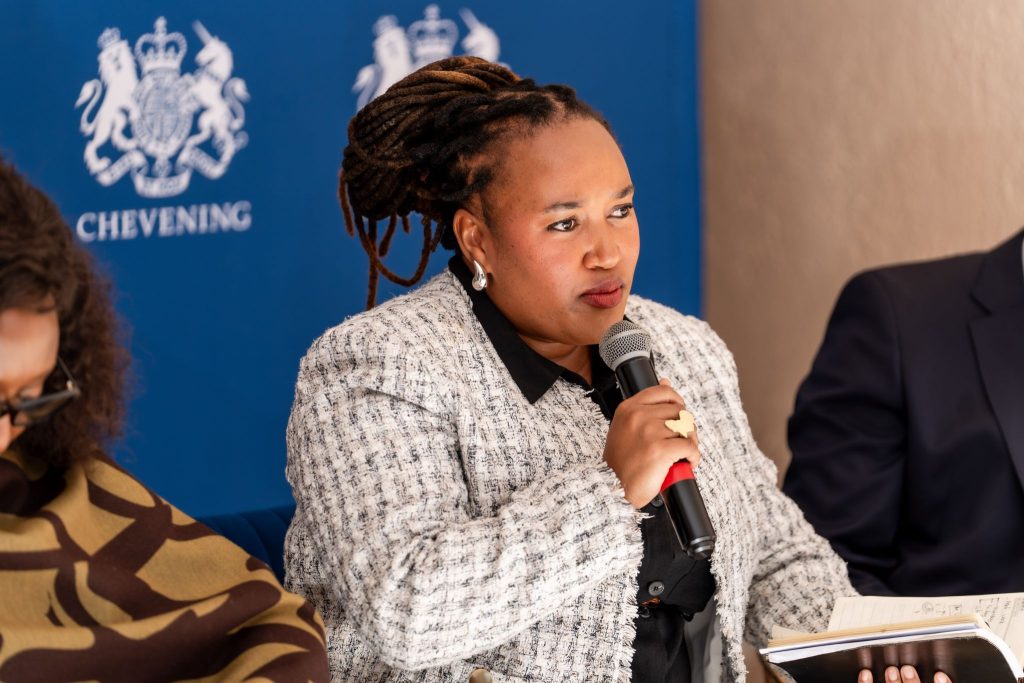
Eswatini Higher Education Council’s Dr. Monica Nkwanyana says that the market does not know what to do with recent graduates as they lack the required skills. Standard Bank Eswatini Chief Executive (CE) echoes these sentiments, stating that the changing workplace requires individuals who can connect emotionally and strategically with customers, with AI doing most of the technical work.
Most graduates now face an average delay of three years before landing meaningful employment, a situation long experienced by young people across the country.
Dr. Monica Nkwanyana from the Eswatini Higher Education Council (ESHEC) highlighted these findings during a panel discussion on the persistent and growing mismatch between the country’s education system and its labor market at the launch of the Chevening Alumni Eswatini Association’s flagship mentorship project.
The project titled “Empowering Growth Through Mentorship and Knowledge Sharing Amongst the Youth in Eswatini” was launched in partnership with the British High Commission on Wednesday, August 6th, at the British High Commissioner’s Residence in Ezulwini.
Drawing on data from the Labour Market Growth Anticipation Report, developed with input from ESHEC and other national stakeholders, panelists revealed a troubling trend: young graduates are increasingly prevented from entering the job market due to systemic issues in the education and employment pipeline.
“Eswatini currently ranks among the highest globally in terms of skills mismatch,” said Dr. Nkwanyana. “We’re producing graduates, but industry doesn’t know what to do with them.”
The issue is most severe for young people. Youth unemployment in Eswatini stands at 48.7%, a figure made even more alarming by the average three-year waiting period many face before finding employment. These findings align with other national studies, which also highlight a dangerous disconnect between academic training and real-world needs.
According to the report, several key issues are fueling the crisis:
- Outdated curricula that do not reflect current or emerging industry needs;
- Low industrial diversification and limited job creation in key sectors;
- Inadequate practical training and poor integration of digital technologies;
- Weak collaboration between academic institutions and the private sector.
Dr. Nkwanyana also pointed out specific gaps across industries. In manufacturing, for example, universities are not training students in automation, precision engineering, or robotics, which are essential skills in the sector. In ICT, there is a glaring absence of expertise in fields such as software development and cybersecurity.
In finance and insurance, employers are demanding skills in data analysis, financial modeling, and risk management, competencies not typically prioritized in university programs. Even in tourism and retail, graduates often lack soft skills like customer service, communication, and leadership.
“We have to be futuristic in our program design,” Dr. Nkwanyana emphasized. “We must equip our youth with skills that are not only relevant today but adaptable to tomorrow’s economy.”


During the discussion, Mvuselelo Fakudze, Chief Executive of Standard Bank Eswatini, said academic qualifications alone are no longer enough. “The workplace is changing rapidly,” Fakudze said. “AI is doing the technical work. What we need now are people who can connect emotionally and strategically with customers.”
Fakudze stressed that both institutions and companies must prepare for the future by reskilling employees and embracing evolving roles. “Even jobs like bank tellers will soon be obsolete,” he observed.

UNESCO’s Secretary General, Lwandle Simelane, highlighted another overlooked factor: the rural-urban digital divide. “Seventy percent of our population lives in rural areas,” she said. “We cannot assume that everyone has access to digital platforms. We must decentralize knowledge and bring these opportunities directly to the youth, beyond just Mbabane or social media.” Simelane also called for the urgent upskilling of teachers so they can effectively guide students toward modern, digitally literate careers, particularly in sustainability and climate action.



